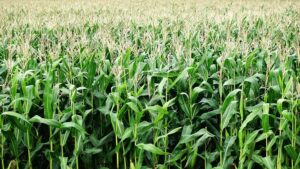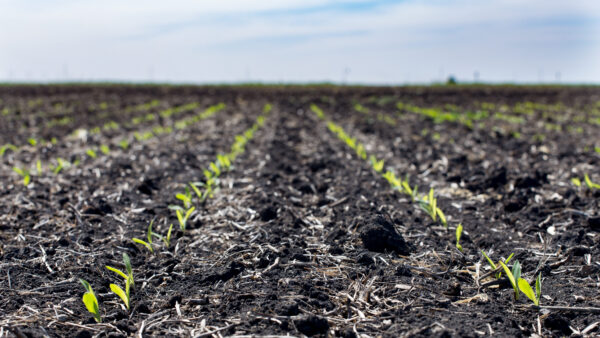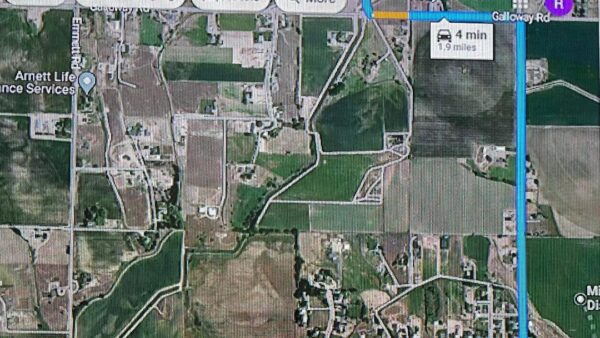Syngenta announced today that its new corn herbicide, Acuron GT, has been registered by the U.S. Environmental Protection Agency (EPA) for post-emergence use in glyphosate-tolerant corn and will be available for use this season, subject to state approvals.
Acuron GT combines the proven performance of Halex GT corn herbicide with the active ingredient bicyclopyrone (BIR), which helps Acuron GT provide enhanced post-emergence control of yield-robbing weeds and longer-lasting residual in glyphosate-tolerant corn.
“Acuron GT has performed exceptionally well in field trials, averaging greater than 90% post-emergence control on all weed categories, large-seeded broadleaves and small-seeded broadleaves,” says Ryan Lins, Syngenta R&D scientist in Minnesota. “In particular, its higher-level control of large-seeded broadleaves such as giant ragweed, morningglory and cocklebur, and pigweed species like Palmer amaranth and waterhemp, really sets Acuron GT apart from all other post-emergence-plus-residual herbicides.”
The powerful combination of four active ingredients and three sites of action in Acuron GT also helps growers manage difficult weeds longer into the season, which helps fully protect yield potential and minimize the weed seed bank for next year’s crop.
“Compared to Halex GT, field trials show Acuron GT provided an 8% increase in residual control of annual grass and small-seeded broadleaf weeds and a 14% increase in residual control of Palmer amaranth when evaluated 42 to 56 days after treatment,” says Scott Cully, Syngenta R&D scientist in Illinois. “The fact that Acuron GT may help growers achieve almost 90% control of weeds six to eight weeks after post-emergence application is a true testament to the residual power of BIR, the additional unique active ingredient in Acuron GT compared to Halex GT.”
Acuron GT delivers enhanced post-emergence control of yield-robbing weeds and longer-lasting residual that enable it to deliver more bushels per acre than any other post-emergence-plus-residual corn herbicide, including Halex GT. Across 16 head-to-head replicated trials in glyphosate-tolerant corn, Acuron GT outyielded other post-emergence-plus-residual herbicides.
“It’s simple. Weeds steal sunlight, moisture and nutrients from the growing corn crop, so the better you can control those weeds, the less yield-robbing weed competition you’ll have,” says Mark Kitt, corn herbicide technical product lead at Syngenta. “We’re excited Acuron GT will raise the bar for post-emergence-plus-residual weed control in glyphosate-tolerant corn, resulting in higher potential yield and increased revenue for growers.”
For optimum yield protection, Syngenta recommends using Acuron GT early post-emergence, before weeds reach 4 inches in height, in a planned two-pass program following preemergence applications of Lumax EZ, Lexar EZ, Bicep II Magnum, Bicep Lite II Magnum or Dual II Magnum herbicides.
“When growers start with agronomics and a profitability goal in mind, they can better assess what practices and products will get them there,” Kitt says. “Using a residual preemergence herbicide is critical in a program with Acuron GT to deliver sound weed resistance management strategies, and to help protect yield and profit potential. Instead of committing to a season-long ‘deal’ that may limit choices, we are confident the math will show that better yield with Acuron GT is the better deal for growers.”











